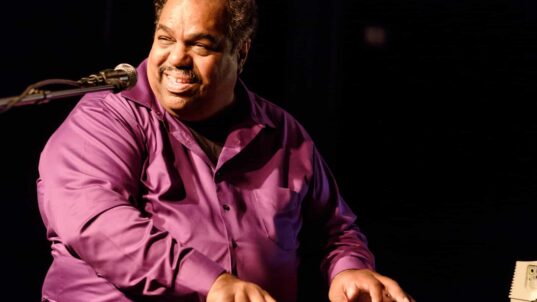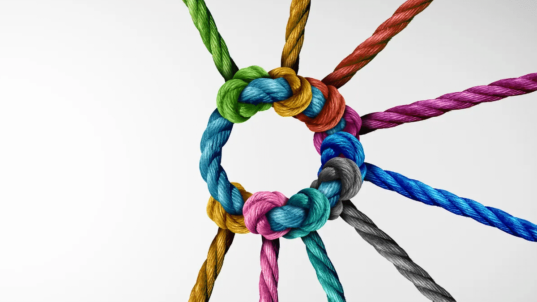The complete quote of course—now laughably familiar to my boys and all other Skyrim players—is “I used to be an adventurer like you, then I took an arrow in the knee.” The viral and self-mocking ubiquity of this gaming meme led me to wonder just what is so amusingly attractive—even, or especially, to those of us whose only connection to the game is to pay the power bill. What is the little implicit truth in this silly phrase that makes us smile and causes others to fill up gaming forums with half-witty (or half-witted) asides and variations?
I fully realize that the most straightforward answer, which likely accounts for most of the appeal, is simply the stultifying repetition of the phrase within the game. It has become an all too well recognized shtick (or a “snowclone phrasal template,” go ahead Google it) to which you can attach nearly any other phrase or idea and be (almost) funny. As in “I used to write marginally interesting and meaningful blog entries, but then I took an arrow to the knee.”
But I also think there’s just a little bit more than repetition and pattern recognition/disruption at work here. In an almost unspeakably violent fantasy culture in which characters frequently fight on (and on and on) after enduring much greater bodily injury (loss of limb, head, and/or gallons of blood), the suggestion that an adventurer might be inexorably maimed and tamed by a mere “arrow in the knee” is both consciously ironic and a bit suggestive of our highly precarious and vulnerable lives on this side of the high resolution monitor(s).
In the somewhat less-virtual—and too often remarkably less virtuous world—we endure all sorts of slings and arrows in the knee all the time. Individually, we inevitably suffer all manner of insult, injury—and then there’s that death thing. All too often life is in fact solitary, poor, nasty, brutish, and short. And collectively as well, far too many of our shared efforts seem crippled by multiple (often self-inflicted) arrows in the knee.
Fortunately, we’ve also got multiple healers and methods for removing the arrows. The smile for a stranger, the listening ear, the tender touch, the helping hand, the charitable donations of skill, time, and treasure, and the shared joke or toy or meal or gaming cheat code: all these and more help remove the arrows and heal their wounds. And in their best and perhaps most essential form, the various dialogic and deliberative methods for group discussion, including those practiced by the Interactivity Foundation, can help to provide safe spaces, safe operating and recovery rooms, where we can assist each other in removing the arrows, healing our wounds, and becoming—even if only for a short time—“adventurers” again.
Now my sons tell me I have to find a Wabbajack before I’m attacked by a thief/assassin wielding a Blade of Woe. And where I’d leave that damn phrasal template again?



